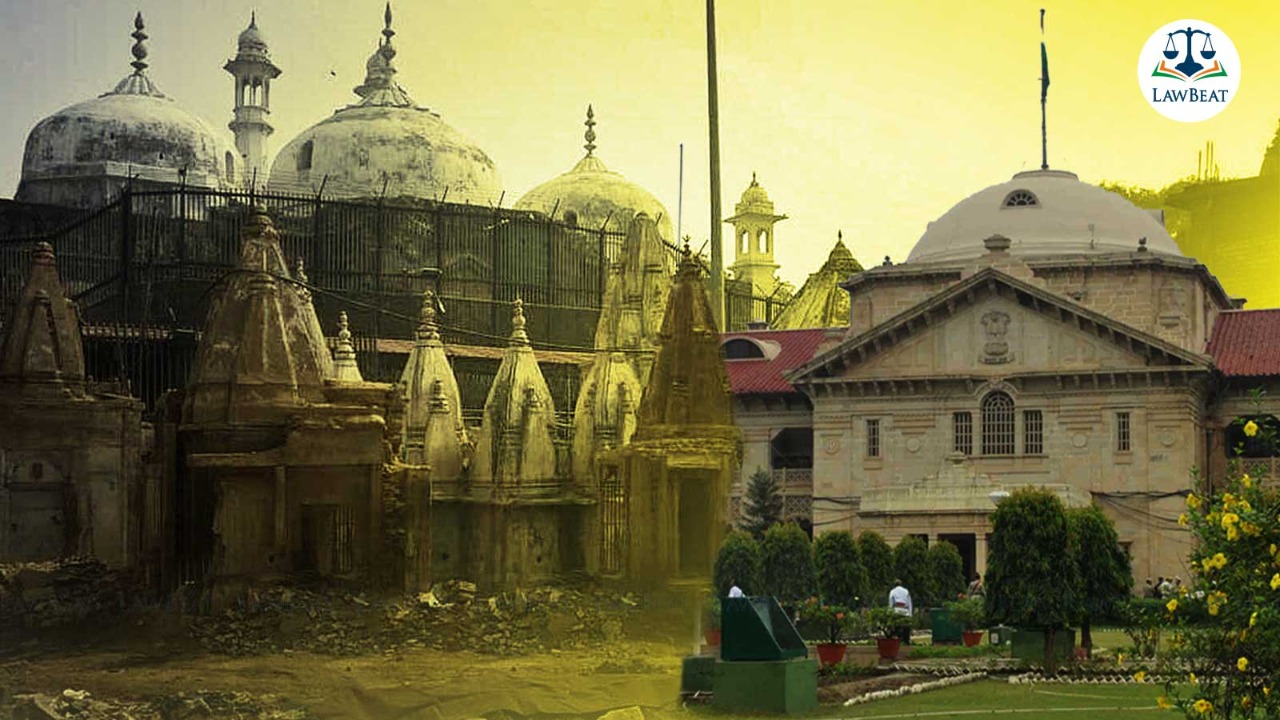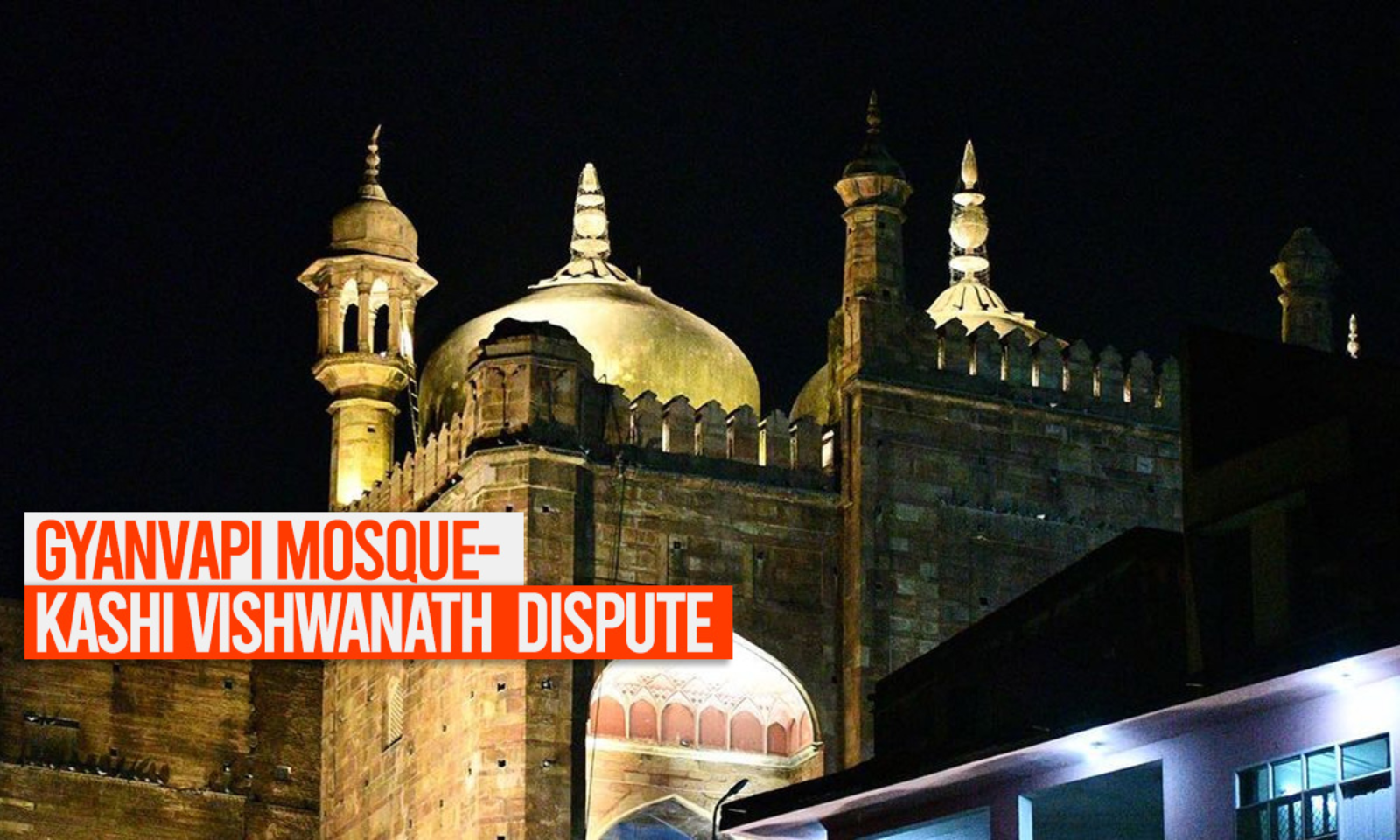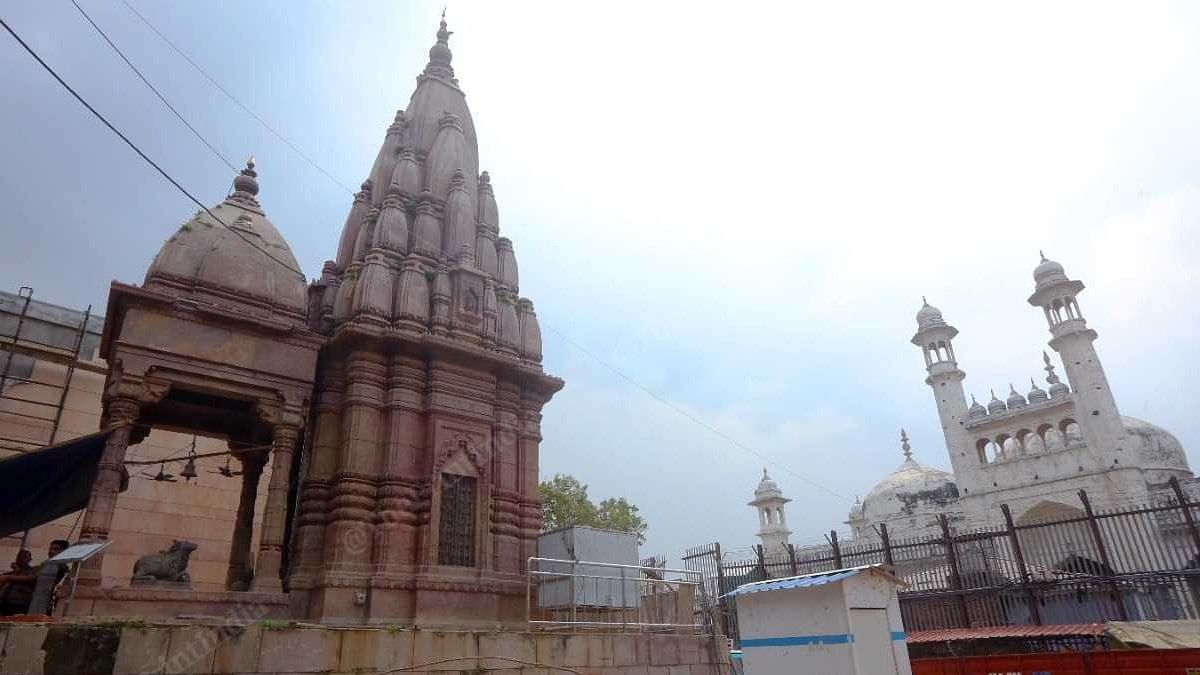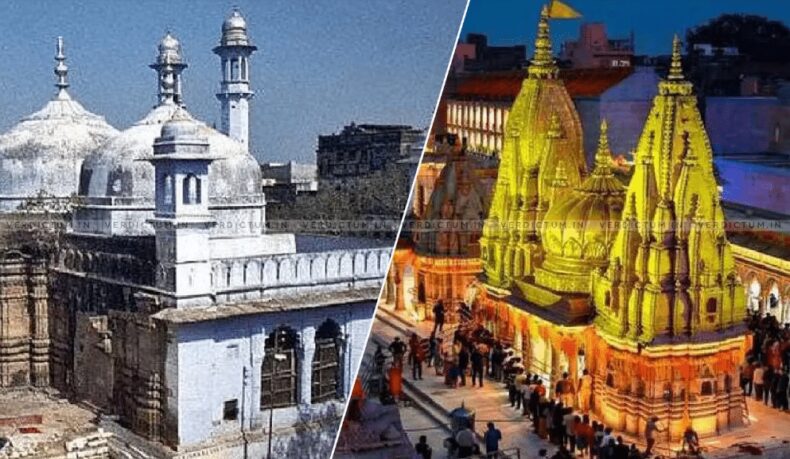Varanasi Court Rejected the Committee’s Argument

According to Live Law, a Varanasi court on Thursday rejected the Anjuman Islamia Masjid committee’s argument against the legality of a lawsuit seeking to give Lord Vishweshwar Virajman (Swayambhu) possession of the grounds of the Gyanvapi mosque.
Anupam Dwivedi, an advocate for the Hindu side, stated that the Varanasi Court dismissed the Masjid Committee’s appeal contesting the suit’s maintainability in the Gyanvapi Mosque case; the next hearing is scheduled for December 2.
In the court of Civil Judge Senior Division Fast Track Court Mahendra Kumar Pandey, the case brought by plaintiff Kiran Singh’s attorneys is regarded as admissible.
In this instance, the courtroom hearing on both parties’ arguments was concluded on October 15. The file has been on the order’s backlog ever since.
On the other hand, inquiries regarding the application under Order 7 Rule 11 have only been made on behalf of the respondent party Anjuman Islamia Masjid committee.
The Places of Worship Act of 1991, according to the Muslim side, forbade litigation and its associated claims.
However, it should be noticed that this suit isn’t associated with the proceedings connected with a case filed by five Hindu women seeking the right to pray inside the Gyanvapi mosque premises.
Varanasi Court Stated in its Judgment that the Matter is Viable

The Varanasi court stated in its judgment that the matter is viable, according to Anupam Dwivedi, an attorney for the Vishwa Vedic Sanatan Sangh.
The court has set December 2 as the next hearing date. The Muslim side’s protest was dismissed by the court.
The directive was initially only supposed to be issued on November 8th.
However, the date of November 14 was set since the court’s presiding officer was out of the office.
In this instance, Vadini Kiran Singh requested consent to deny Muslims access, turn the property over to Hindus for the worship of the “Shivling,” and conduct “pooja.”
Both sides have finished making their oral arguments in court and submitted written copies of them.
Masjid, Mandir & Different Perspectives

Regarding the building of the Gyanvapi Masjid, there are various points of view.
The current Kashi Vishwanath temple was reportedly constructed close to the mosque in the 18th century by Maharani Ahilyabai Holkar of the Malwa kingdom.
A boundary wall separates the Kashi Vishwanath temple from the Gyanvapi mosque. Although they are currently next to one another, the mosque and temple have different entrances and exits.
In the course of its history, the temple has been destroyed and rebuilt numerous times.
The Gyanvapi mosque was constructed there in 1669, according to historians, by the Mughal emperor Aurangzeb.
There is yet another perspective. According to certain historians, Akbar built the Kashi Vishwanath temple and the Gyanvapi mosque to advance his Din-e-Ilahi philosophy.
In 1582 CE, Akbar introduced the Din-e-Ilahi system of religious doctrine. Islam and Hinduism were intended to be combined into a single religion.
This notion is upheld by the committee in charge of the Gyanvapi masjid, the Anjuman Intezamia Masjid Committee.
Supreme Court gave an Extension

The Supreme Court on Friday extended its earlier directive for the safeguarding of the “Shivling” found in Varanasi’s Gyanvapi mosque complex.
Until further order, the protection has been extended by the court. The petition will be heard by a bench that will be made up of Chief Justice of India DY Chandrachud, Justices Hima Kohli, and JB Pardiwala.
The Supreme Court on Friday extended its earlier directive for the safeguarding of the “Shivling” found in Varanasi’s Gyanvapi mosque complex.
Read Also: BJP and Opposition Parties Fight over Rishi Sunak’s appointment as UK PM on Twitter
The area where the “Shivling” was discovered was to be protected, and Muslims were to be allowed access for namaz, according to an interim order issued by the Supreme Court on May 17.
This protection is to last until the Varanasi court decides whether the lawsuit can be maintained, and then it is to be in place for eight weeks to allow parties to pursue legal remedies.
Hindu parties presented the case to the Supreme Court in order to request an extension of the temporary injunction safeguarding “Shivling,” which was represented by attorney Vishnu Shankar Jain.












